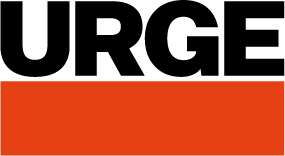
Driven by making worthy brands more accessible, consumption more conscious and economics more sustainable, Paul Zhu made a switch from structural engineering to consumer engineering via doughnut economics, reinforcing loops, big niches, multiplier effects, Louis XVI and a 'crow pose' philosophy.
Paul co-founded the gift card for ethical and sustainable brands - Ecoswap - and has been talking to URGE about his lessons from starting and growing a business with purpose. Here are eight that stood out.
Positive reinforcing loops are key
I’ve long been interested in how positive reinforcing feedback loops can be used to drive impact. Just as climate breakdown is accelerating through non-linear negative feedback loops, we need similarly powerful positive loops to counteract it. With Ecoswap, it’s the loop between consumer behaviour and business response.
When consumers demand more ethically made products, businesses respond by investing more in those areas — improving quality, reducing costs, and making sustainable options more competitive. That, in turn, fuels more demand. We wanted to find a way to kickstart and strengthen that loop, turning individual purchasing choices into a system-level force for good.
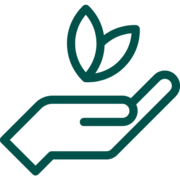 Ecoswap
Ecoswap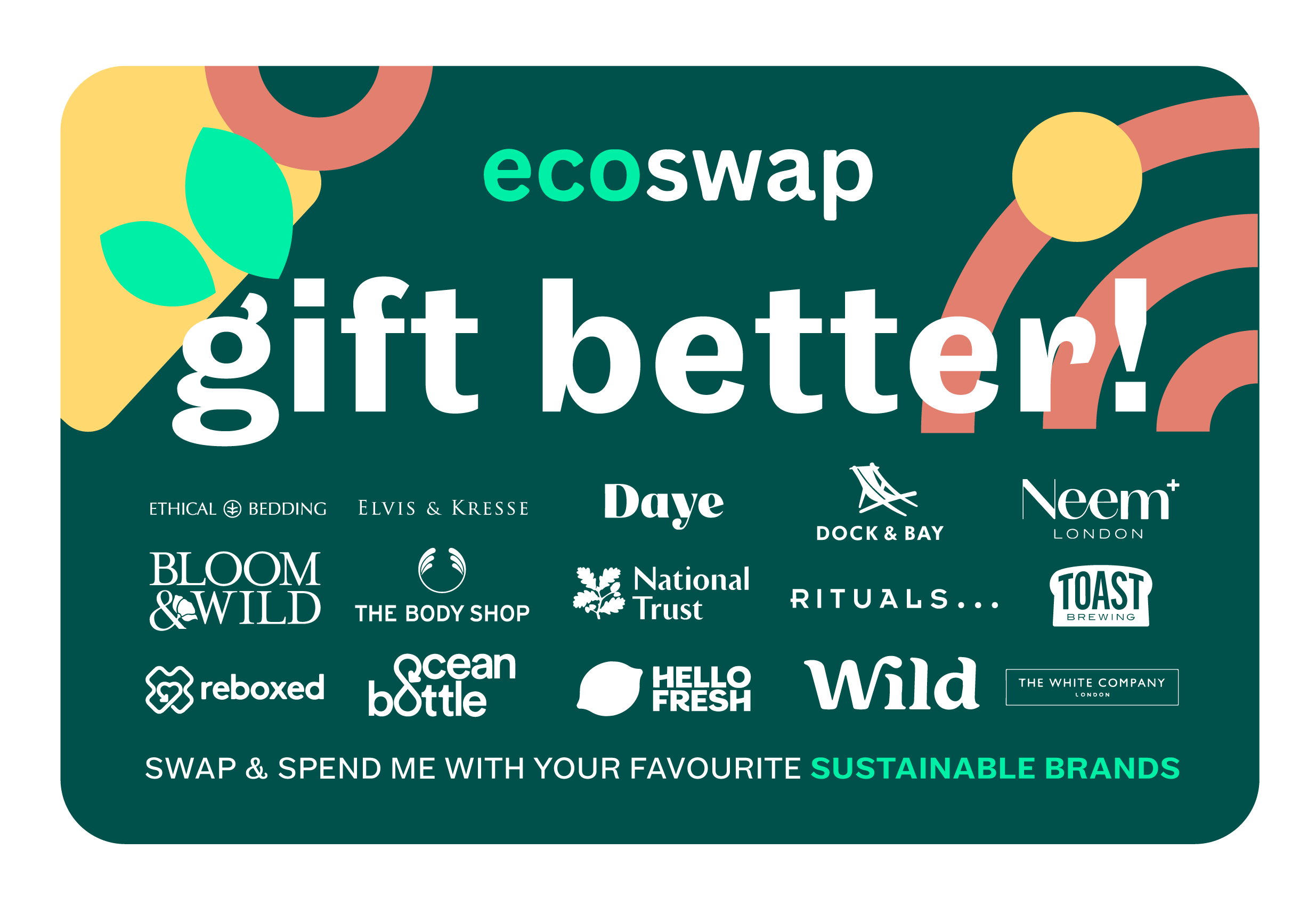
A big impact is possible in a big niche
Globally, the gift card market is over a trillion dollars — that’s huge.
I think people would not realise just how massive it is.
Take Starbucks, for example. At any given moment, there’s around $1.6 billion sitting on Starbucks gift cards alone — that’s the GDP of a small country. Gift cards aren’t just throwaway presents; they’re a store of value. It’s easy to overlook that.
The UK’s gift card market is worth about £7 billion. If we capture even 10% of that for sustainable brands, that’s a huge win. But even on a smaller scale, if we help a small brand hire 10 people or stay afloat, that’s success too.
And when you combine that with the growing demand for sustainable products, with some trends showing an eightfold increase, even a small slice of that trillion-dollar market going to sustainable brands is still an enormous opportunity.
Channel money for a multiplier effect
It’s not just about the big numbers; it’s about the impact those numbers create. Support the right brands, and you’re also supporting better jobs, better materials, and better practices.
How do we decide where to channel the money? We rely on trusted certifications — B Corp, 1% for the Planet, material certifications — to handle most vetting. We are still small, so outsourcing is more practical and credible for now.
If brands lack these certifications but we think they are doing the right thing, then we might dig a bit deeper: impact reports, emissions data, and other checks. It’s ad hoc for now, but we may build our own process in the future.
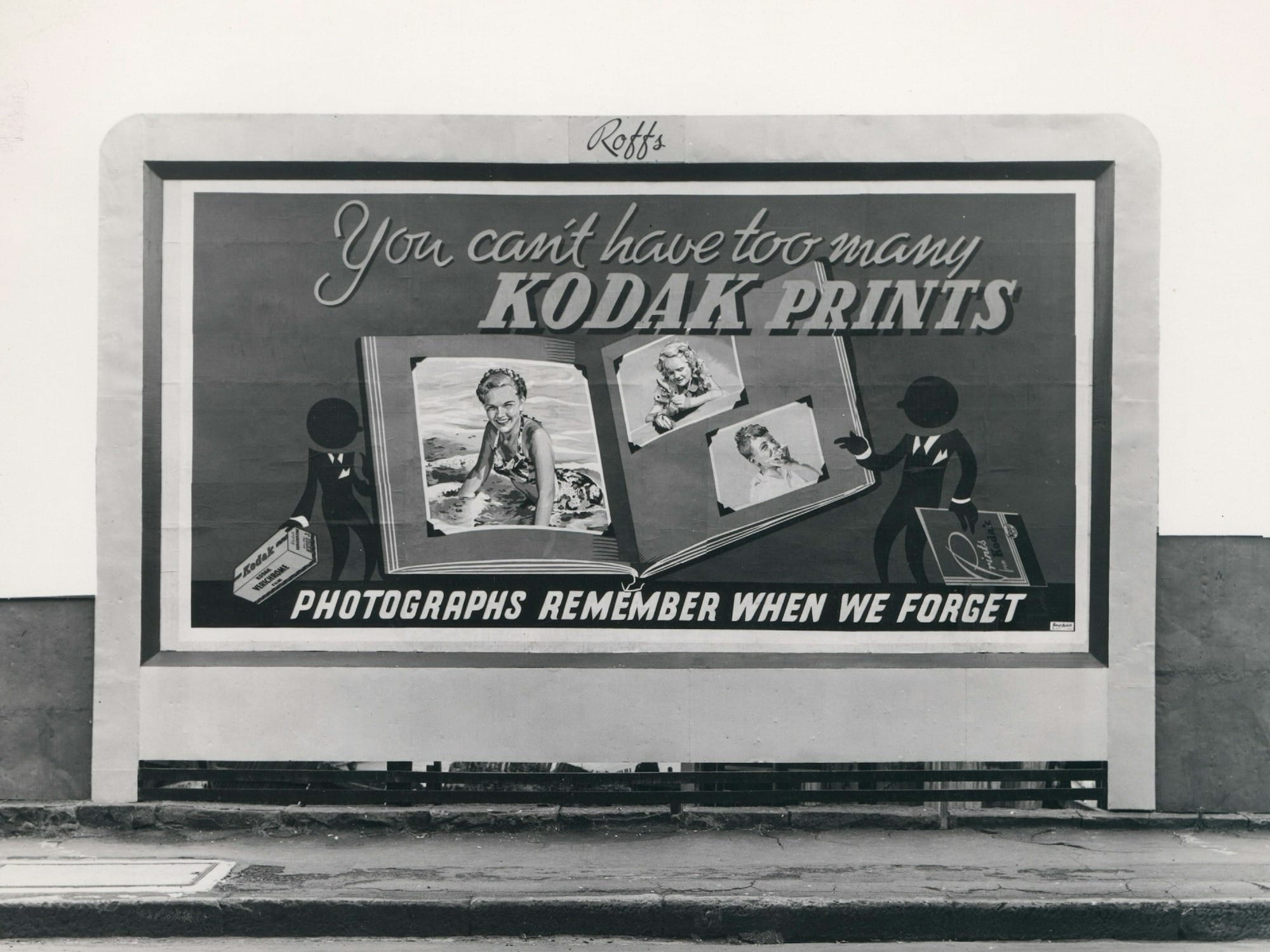
The way in might offer us a way out
A core idea for me has always been influencing consumer behaviour, but how I’m trying to do that has evolved quite a bit.
At first, it was more about connecting local sustainable businesses with customers, but that wasn’t scalable. Now, with Ecoswap, we’re giving people say...£100...that they can only spend with sustainable brands. It raises awareness, supports those brands, and gives people a reason to try something new — all while nudging behaviour in a more sustainable direction.
It’s a small step, but it moves things in the right direction.
I’ve become more interested in the idea of "consumer engineering". It usually has a negative connotation — think planned obsolescence or marketing that pushes people to buy more. But what if we flipped that? Historical examples like Louis XIV driving fashion trends or Edward Bernays shaping modern consumer culture show how powerful this can be.
 The AtlanticKimberly Chrisman-Campbell
The AtlanticKimberly Chrisman-Campbell
If we can engineer demand, why not engineer restraint?
Could we make buying sustainable feel like the default, even aspirational?
The challenge is that the “buy more, make more money” machine is powerful, but in a world of virality and memes, I think there are creative ways to tap into that same energy for good. My ideas for the business are evolving in that direction, too.

Nothing is that easy - but it's doable
Everything has been doable while building Ecoswap, but nothing has been easy.
It's all been about putting in the work, whether that’s a couple of months or a bit longer. It’s more about time and perseverance than anything else. Some tasks felt harder in the moment, but when you break them down, they turn out to be manageable. For example, learning a yoga move like the crow pose may seem hard at first, but with consistent effort, you can master it in a month.
It’s the same mentality I apply to the business — if something takes time, then it’s just a matter of sticking with it.
Chicken and egg problems are hard
Our early challenge was onboarding enough brands. When we first launched, we had just 12 brands, and it wasn’t enough. The first nine months were all about onboarding more brands to build enough variety for customers. It’s like a chicken-and-egg problem, where we needed enough supply before businesses would start buying the product.
Now, Ecoswap has over 80 brands ranging from household names like The Body Shop and The National Trust to newer names like TrueStart and Seep.

Do think big, but start small and build up
The last business I founded was overly ambitious, it combined too many difficult elements into one complicated system.
It was overwhelming and didn’t work well. After that, I realised the importance of starting with something simple that is achievable and has a clear path to monetisation. Only once you have a solid foundation should you scale up. If you’re not confident in your skills or domain knowledge, start with a smaller, manageable idea and build from there.
I learned this lesson the hard way: it's crucial to focus on a niche that addresses a genuine business problem while keeping the product simple. Additionally, I've found that selling the product and convincing people to buy it is often more challenging than developing the product itself.
Think of every single purchase as a vote
I think people don’t ask enough about the role of consumer consumption in shaping the world, economy, and climate.
We often talk about voting every few years, but I believe voting with your money, on a daily basis, has a much bigger and more immediate impact. Our consumption choices directly shape the kind of world we live in. There's a misconception that the consumer doesn't have much power, and that change has to come from larger corporations or government policies.
Consumer behaviour plays a huge role.
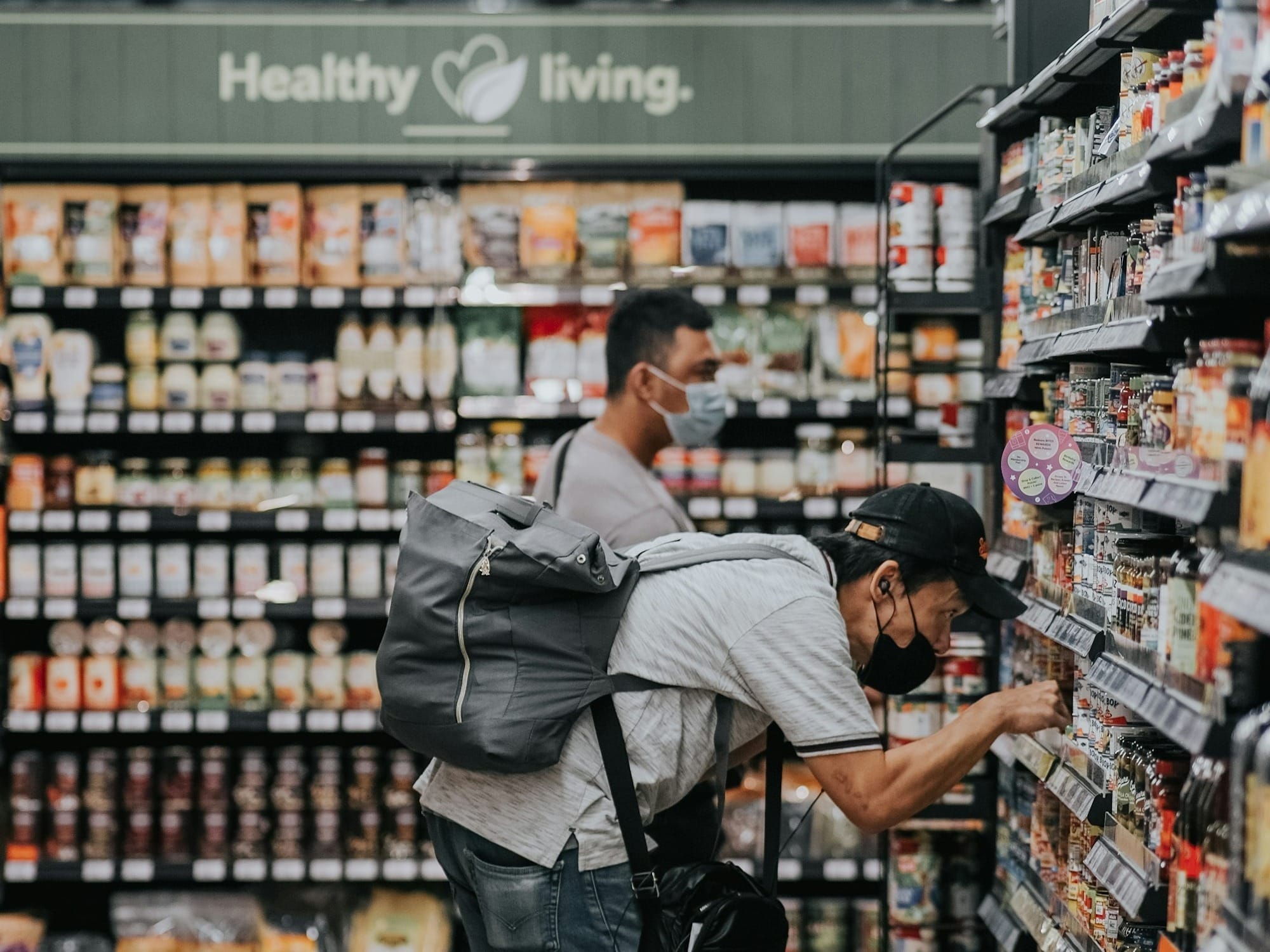
About Paul Zhu
Paul Zhu is a second-time founder and the co-founder of Ecoswap: on a mission to make conscious consumption easier, and to redirect everyday spending towards ethical, sustainable brands. As a member of URGE he supports carbon accounting for the GLAM sector (Galleries, Libraries, Archives and Museums) and contributes to research and analysis on sustainable systems.
 URGE CollectiveURGE
URGE CollectiveURGE
